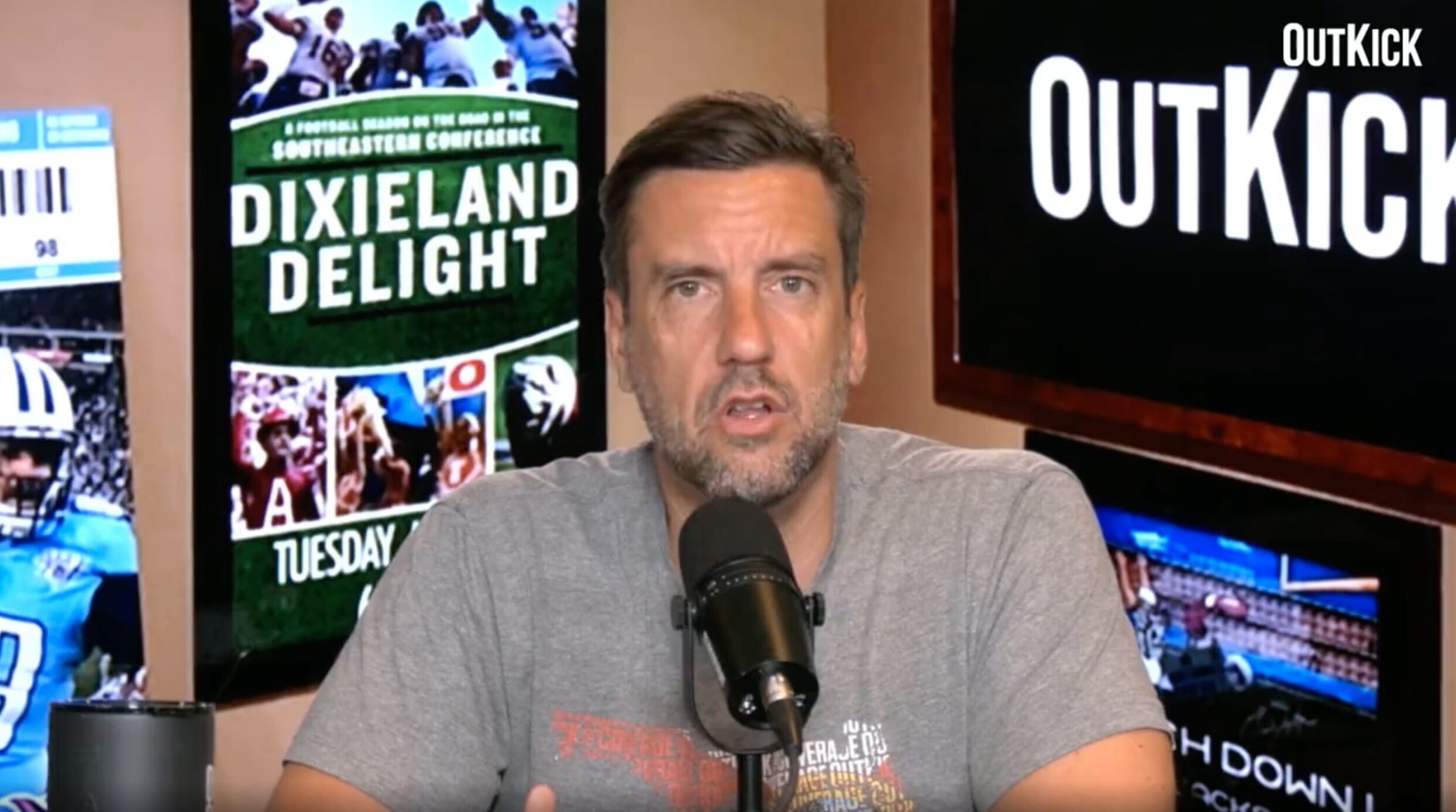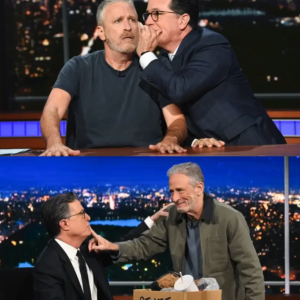In a surprising and seismic announcement, CBS revealed that The Late Show with Stephen Colbert will conclude next spring, marking the end of a significant chapter in late-night television. Stephen Colbert, a prominent figure known for his sharp wit and politically charged commentary, has been a staple of the late-night circuit for nearly a decade at CBS. The decision to cancel his show has sparked widespread debate about the state of late-night television, Colbert’s legacy, and the broader implications of a polarized media landscape. Was this decision driven by declining ratings, financial pressures, or political tensions? And what does it mean for the future of late-night TV?
The Rise and Fall of Stephen Colbert’s Late-Night Reign
When Stephen Colbert succeeded David Letterman as host of The Late Show in 2015, expectations were high. Fresh off his success on Comedy Central’s The Colbert Report, where he perfected his satirical conservative persona, Colbert was seen as a natural fit for the late-night stage. His early years at CBS were marked by strong ratings, driven by his incisive political humor, particularly during the Trump administration. Colbert’s monologues, often targeting political figures, resonated with a liberal-leaning audience, making The Late Show a cultural touchstone.
However, as the political climate in the United States grew increasingly polarized, Colbert’s audience began to fracture. His focus on anti-Trump rhetoric, while popular with some, alienated conservative viewers who had once appreciated his broader comedic appeal. Over time, ratings declined as the show’s overtly partisan tone left little room for the neutral, unifying humor that had historically defined late-night television. Critics argued that Colbert’s shift toward divisive political commentary eroded his ability to connect with a diverse audience. “Late-night TV thrives on universal appeal,” noted media analyst Laura Bennett. “When you lean too heavily into one political camp, you risk losing half your viewers.”

By 2025, The Late Show had seen a steady decline in viewership, with younger audiences increasingly turning to digital platforms like YouTube and streaming services for entertainment. The traditional late-night format, reliant on monologues and celebrity interviews, began to feel outdated in a media landscape dominated by on-demand content and unfiltered commentary.
The $16 Million Settlement and Internal Tensions
The cancellation announcement came on the heels of a public controversy involving Colbert and CBS. Reports surfaced that Colbert was outraged by a $16 million settlement between CBS’s parent company, Paramount Global, and former President Donald Trump’s legal team. The settlement stemmed from a lawsuit alleging that CBS had deceptively edited an interview with Vice President Kamala Harris during the 2024 presidential campaign, damaging her public image. Colbert, in a rare moment of public dissent, criticized the network on air, calling the settlement a “big fat bribe” and questioning CBS’s integrity.

This public rebuke strained Colbert’s relationship with CBS executives, who were already grappling with financial pressures and declining viewership across their programming. The network’s decision to settle the lawsuit was seen as an attempt to avoid further legal and public relations fallout, but Colbert’s outspoken criticism highlighted deeper tensions within CBS. “His comments were a direct challenge to the network’s leadership,” said industry insider Mark Thompson. “In an era where networks are desperate to maintain neutrality to avoid alienating viewers, Colbert’s defiance was a risky move.”
The Changing Landscape of Late-Night Television
The cancellation of The Late Show is not an isolated event but part of a broader decline in the relevance of late-night television. The rise of streaming platforms like Netflix, Hulu, and YouTube has fundamentally altered how audiences consume entertainment. Younger viewers, in particular, are gravitating toward digital content that offers authenticity and immediacy, bypassing the scripted, predictable format of traditional late-night shows. Social media platforms like X have also become hubs for political commentary and humor, further diminishing the role of late-night hosts as cultural commentators.
The financial challenges facing network television exacerbate the issue. Producing high-profile shows like The Late Show is costly, and with declining ratings, networks are reevaluating their investments. “The economics of late-night TV no longer make sense in the current media environment,” said media analyst Sarah Wen. “Networks are competing with free, accessible content online, and they’re struggling to justify the high production costs of shows that are losing viewers.”
Moreover, the polarization of audiences has made it difficult for late-night hosts to maintain broad appeal. While hosts like Johnny Carson once united viewers with apolitical humor, today’s hosts often cater to specific ideological groups, further fragmenting their audience. This shift has led to a decline in the cultural relevance of late-night TV, as viewers seek out content that aligns with their worldview or offers a more diverse range of perspectives.
What Lies Ahead for Late-Night TV?
With Colbert’s departure, the future of late-night television is uncertain. The industry faces the challenge of reinventing a format that has remained largely unchanged for decades. Some analysts suggest that networks must embrace a more flexible approach, incorporating diverse content and moving away from the traditional reliance on political monologues and celebrity interviews. Shows that adapt to the digital age—perhaps by producing shorter, shareable segments or engaging directly with audiences on platforms like X—may have a better chance of survival.
The rise of digital-first comedians and content creators offers a potential blueprint for the future. Platforms like YouTube and TikTok have given rise to a new generation of entertainers who connect with audiences through authentic, unfiltered humor. Networks like CBS may need to explore partnerships with these creators or develop hybrid formats that blend traditional TV with digital sensibilities.

For Stephen Colbert, the end of The Late Show marks a turning point in a storied career. Whether he transitions to a digital platform, pursues other creative projects, or steps back from the spotlight remains to be seen. His legacy as a sharp political satirist is secure, but his departure raises questions about whether his style of comedy can find a home in an increasingly fragmented media landscape.
Conclusion
The cancellation of The Late Show with Stephen Colbert is a pivotal moment for both the host and the late-night television format. As audiences shift toward digital platforms and demand more authentic, diverse content, traditional late-night shows are at a crossroads. The decline of Colbert’s show, driven by polarizing political commentary, internal network tensions, and changing viewer habits, reflects broader challenges facing the industry. Whether late-night TV can adapt to meet the demands of a new generation or will fade into obscurity remains uncertain. For now, Colbert’s exit serves as a stark reminder that even the most iconic figures in entertainment must evolve to stay relevant in a rapidly changing world.





